At the dialogue between workers and the National Assembly Chairman, female worker Ms. H'chuyen Nie (Cuor Dang Rubber Plantation, Dak Lak Rubber Joint Stock Company) said that workers go to work first to earn a salary to support themselves and their families, and then to contribute to building the country.
The issue of salary is of concern to all workers, especially those directly involved in production.

Female worker H'chuyen Nie (Photo: To The).
Female workers commented that in recent years, the State has paid attention to increasing the basic salary and regional minimum wage to reduce difficulties and improve the lives of civil servants, public employees and workers.
However, in reality, while wages have not increased, prices have increased. Recently, food prices such as pork and many essential goods have continuously increased while the minimum wage has not met the minimum living standards of workers. The salaries of most civil servants and public employees are also far from meeting basic living needs.
Appointed by the National Assembly Chairman to clarify the issue raised by workers, Minister of Labor, War Invalids and Social Affairs Dao Ngoc Dung mentioned the issue of salary reform.
He said that during the 3 years of the Covid-19 pandemic, the salaries of civil servants and public employees in the public sector did not increase. However, the State still adjusted the regional minimum wage applicable to workers and subsidies for social protection beneficiaries and meritorious people.
From July 1, 2022, all of the above subjects will receive new salaries and allowances, 6 months earlier than usual.
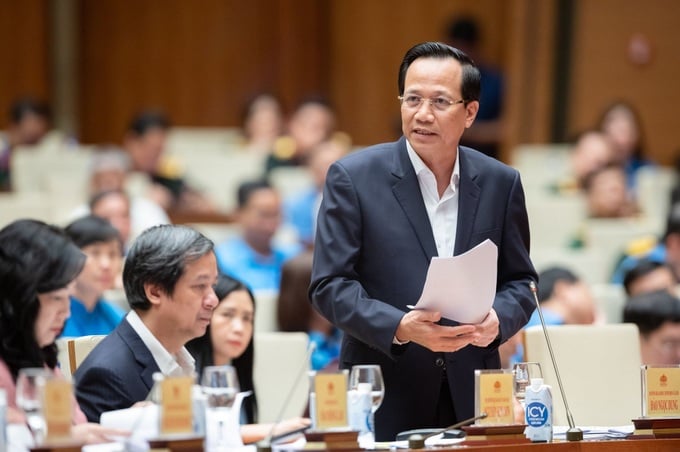
Minister Dao Ngoc Dung at the dialogue with workers (Photo: Pham Thang).
"Regarding the regional minimum wage, on August 8, the National Wage Council will meet to listen to opinions and proposals from the Vietnam General Confederation of Labor and the Vietnam Federation of Commerce and Industry to assess the current situation, consider the level of production and business, the production situation of enterprises, the situation and income of workers, the economic growth rate... From there, the National Wage Council will calculate whether the minimum wage will be adjusted in 2024 or not, and if so, at what level," said the Minister of Labor, Invalids and Social Affairs.
Accordingly, the parties concerned discussed the regional minimum wage. Opinions are expected to be very different.
"The National Wage Council needs to make a fundamental and systematic assessment before making a proposal on increasing the minimum wage. The principle is to calculate harmoniously to ensure the lives of workers while creating conditions for businesses to recover and develop," the Minister emphasized.
Regarding this issue, National Assembly Chairman Vuong Dinh Hue said that salary reform in the public sector and non-enterprise salaries will be implemented according to Resolution 27 of the Central Executive Committee.
This October, the National Assembly will consider a salary reform roadmap based on balancing resources.
For the business sector, the state still adjusts the regional minimum wage every year based on the minimum living standard, fluctuations in the consumer price index (CPI) as well as the harmonious relationship between employees and businesses because the salary paid is largely related to the business's costs.
"If input costs are too high, businesses cannot survive, and workers will have difficulty finding jobs and stable incomes," the National Assembly Chairman explained. The negotiation process needs to be carefully discussed from those perspectives.
The 10-year social policy period 2012-2022 will be summarized. The Central Committee will issue a resolution on social policy for the period 2022-2030, with a vision to 2045, with very clear goals.
According to Minister of Labor, Invalids and Social Affairs Dao Ngoc Dung, among the goals, Vietnam strives to be one of the pioneering countries in building satisfactory social and employment policies by 2030.
There are three breakthroughs related to social issues that will be selected for implementation. These are building a stable labor market, focusing on stable and sustainable livelihoods. The social security system focuses on ensuring minimum institutions for health and education. In addition, policies will also focus on developing the housing system with the goal of eliminating 100,000 temporary houses for poor districts by 2025 and striving to support the clearance of temporary houses in rural areas by 2030, aiming to build 1 million low-cost houses.
Source link



![[Photo] Prime Minister Pham Minh Chinh meets with King Philippe of Belgium](https://vstatic.vietnam.vn/vietnam/resource/IMAGE/2025/4/1/be2f9ad3b17843b9b8f8dee6f2d227e7)

![[Photo] General Secretary To Lam receives King Philippe of Belgium](https://vstatic.vietnam.vn/vietnam/resource/IMAGE/2025/4/1/e5963137a0c9428dabb93bdb34b86d7c)
![[Photo] President Luong Cuong and King Philippe of Belgium visit Thang Long Imperial Citadel](https://vstatic.vietnam.vn/vietnam/resource/IMAGE/2025/4/1/cb080a6652f84a1291edc3d2ee50f631)
![[Photo] Close-up of Vietnam's sniffer dog team searching for earthquake victims in Myanmar](https://vstatic.vietnam.vn/vietnam/resource/IMAGE/2025/4/1/d4949a0510ba40af93a15359b5450df2)
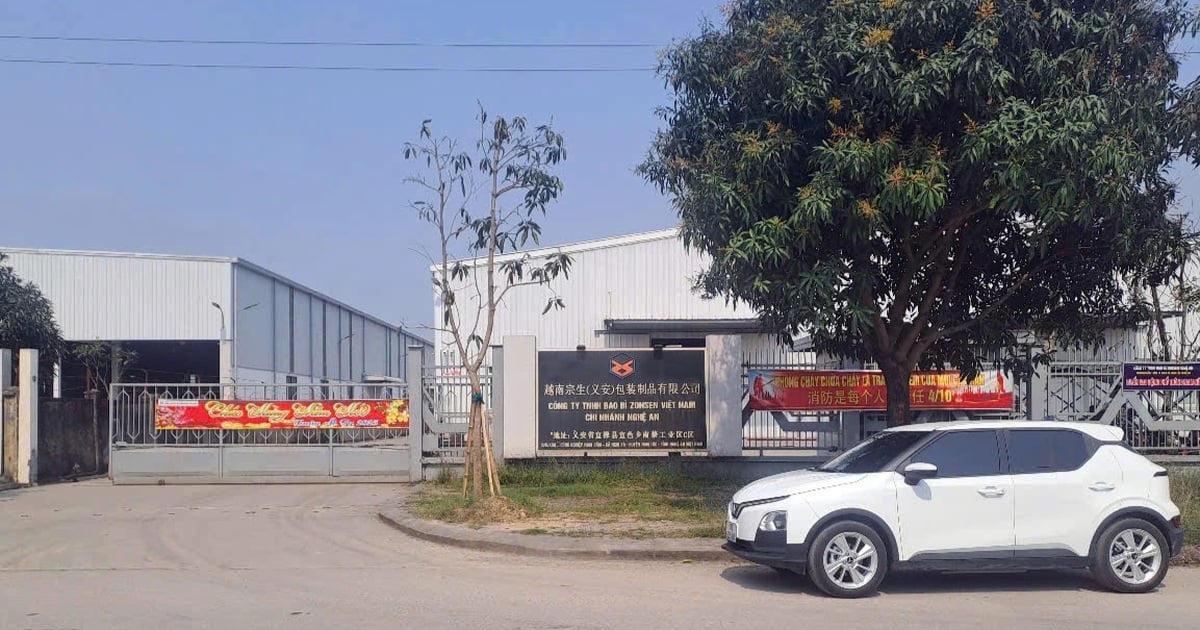
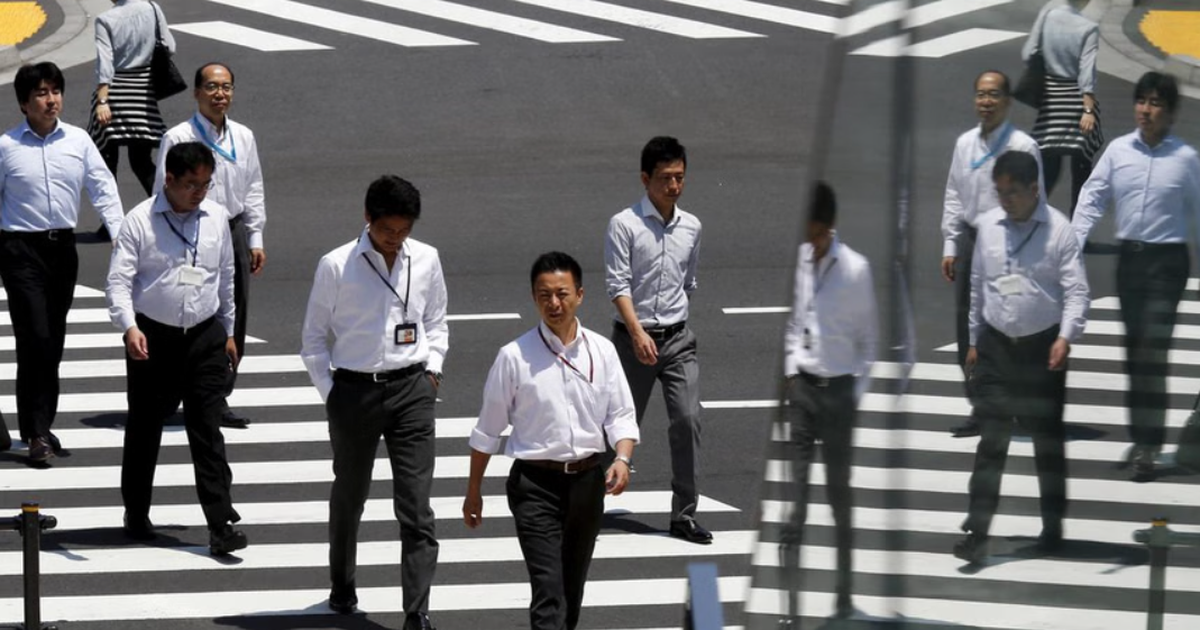

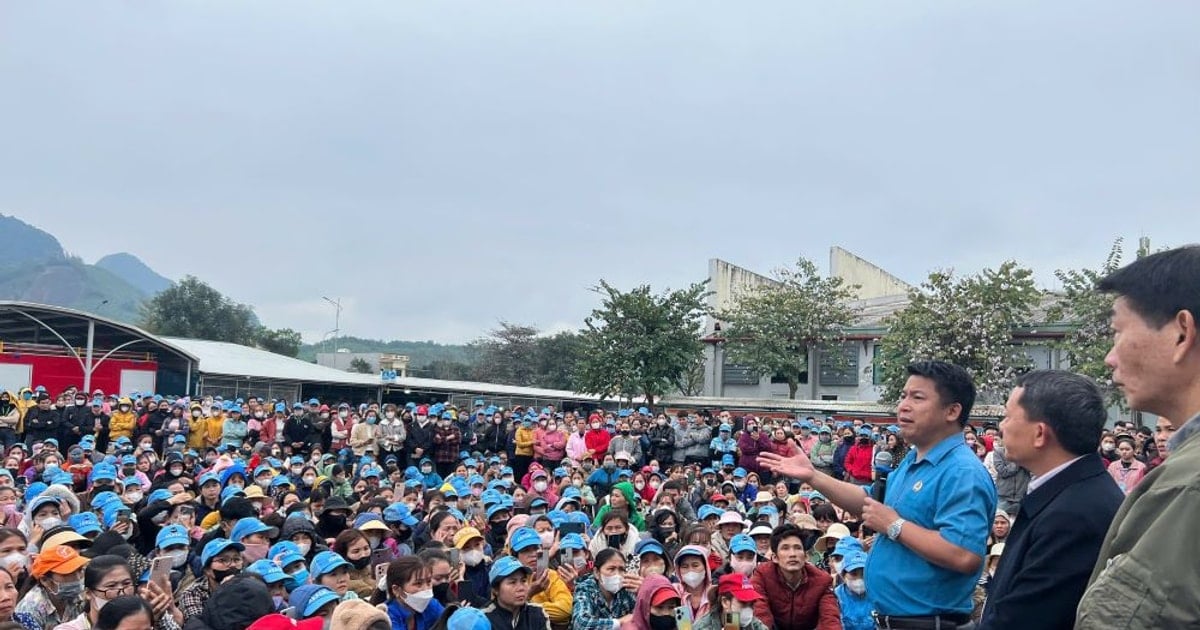





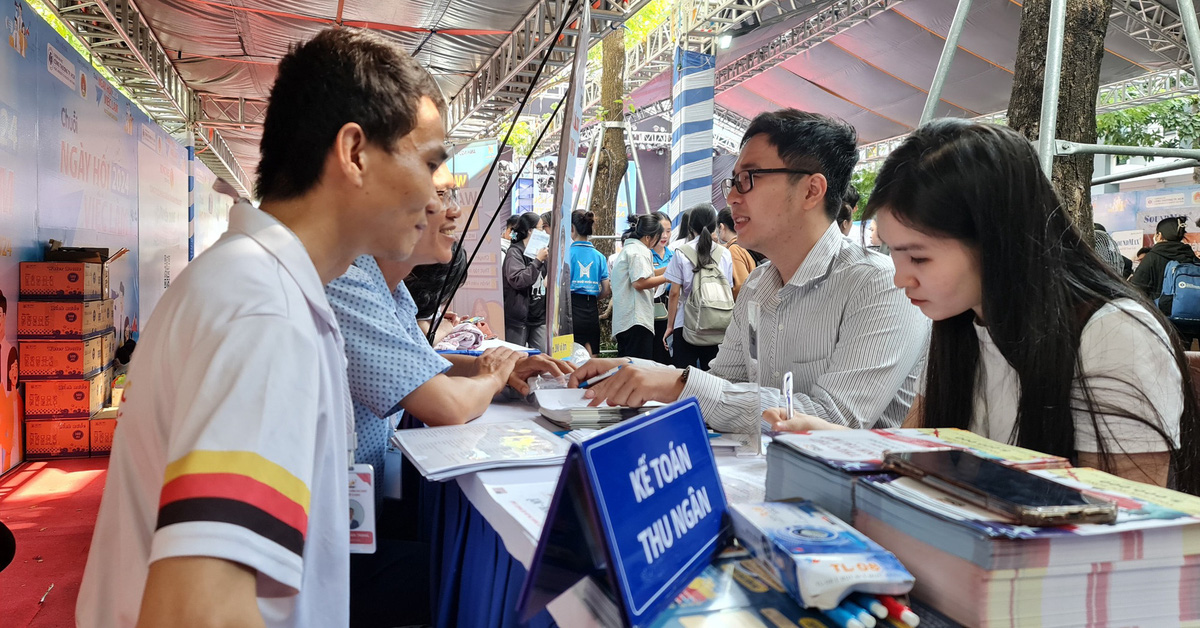


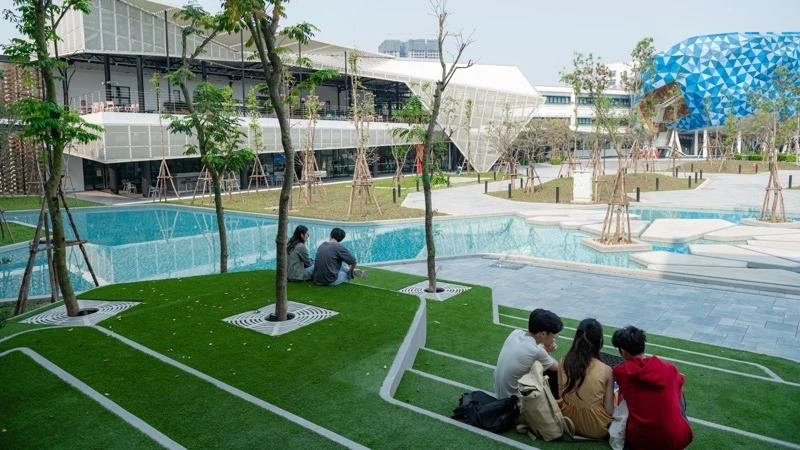


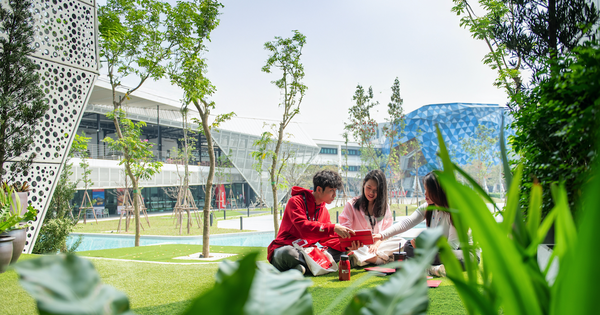
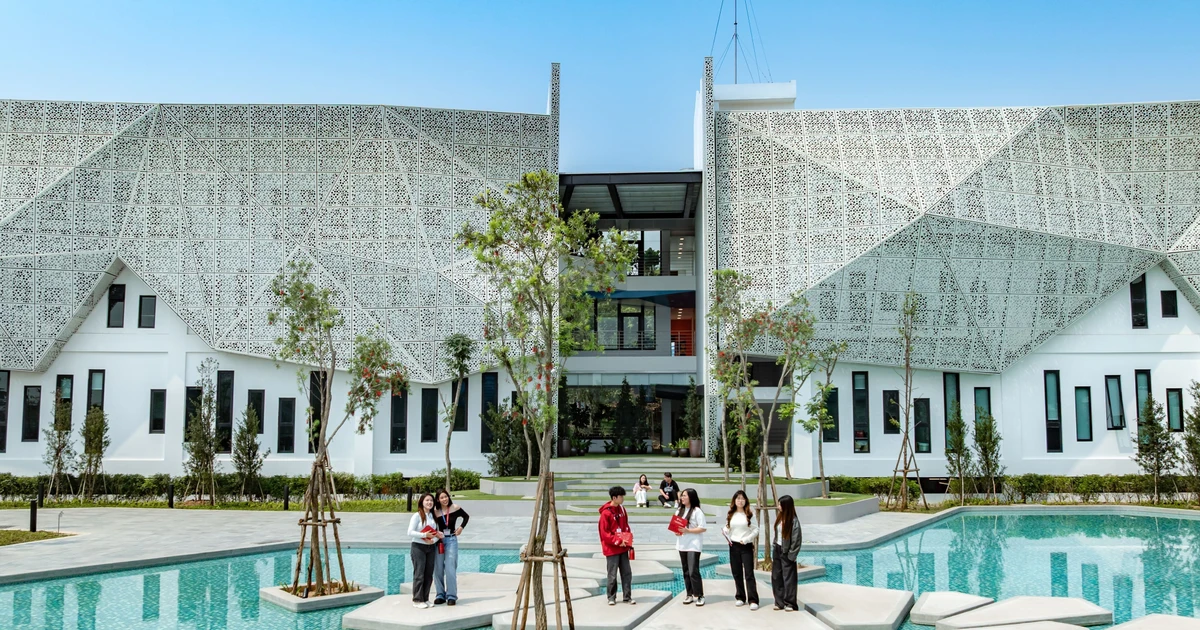





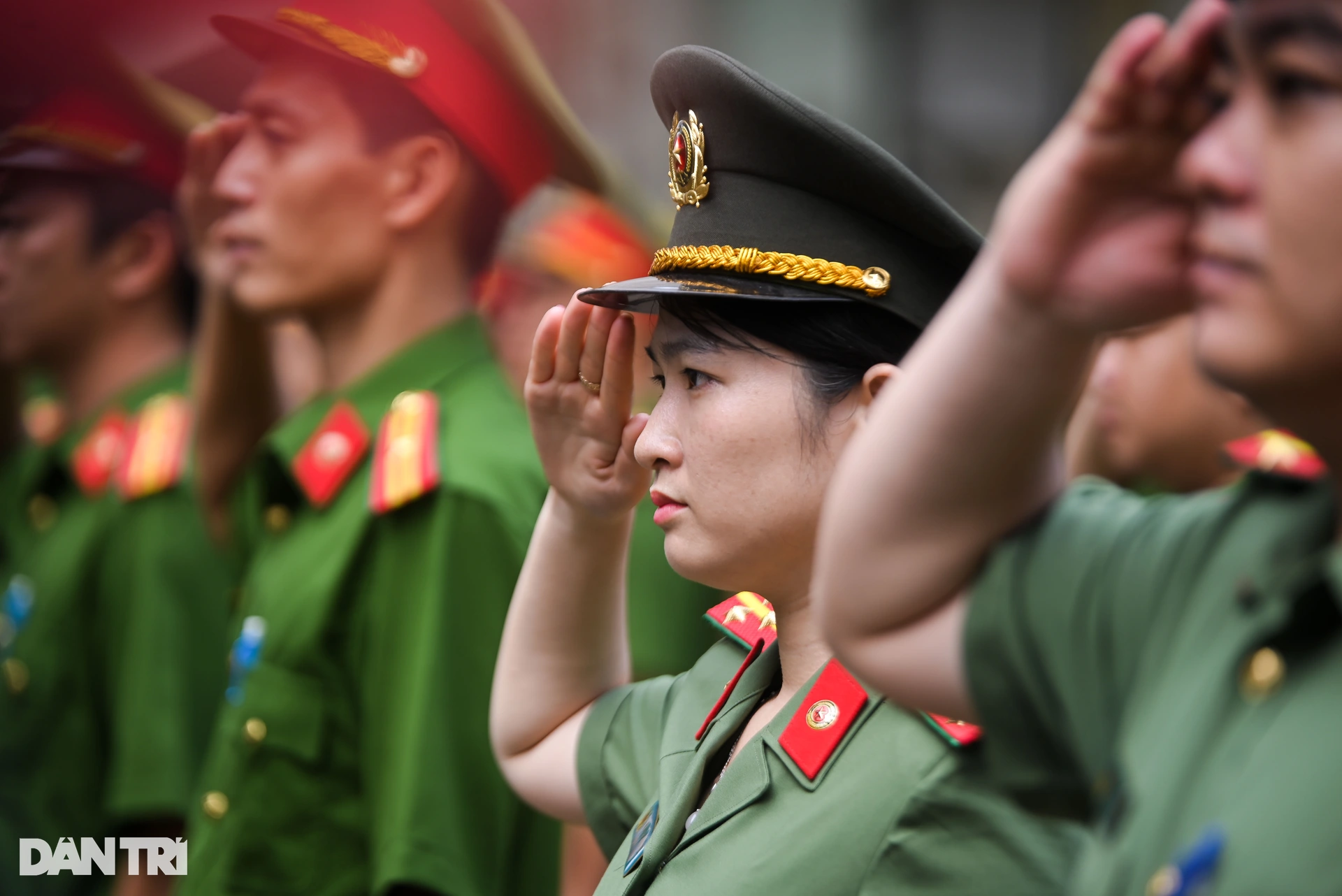
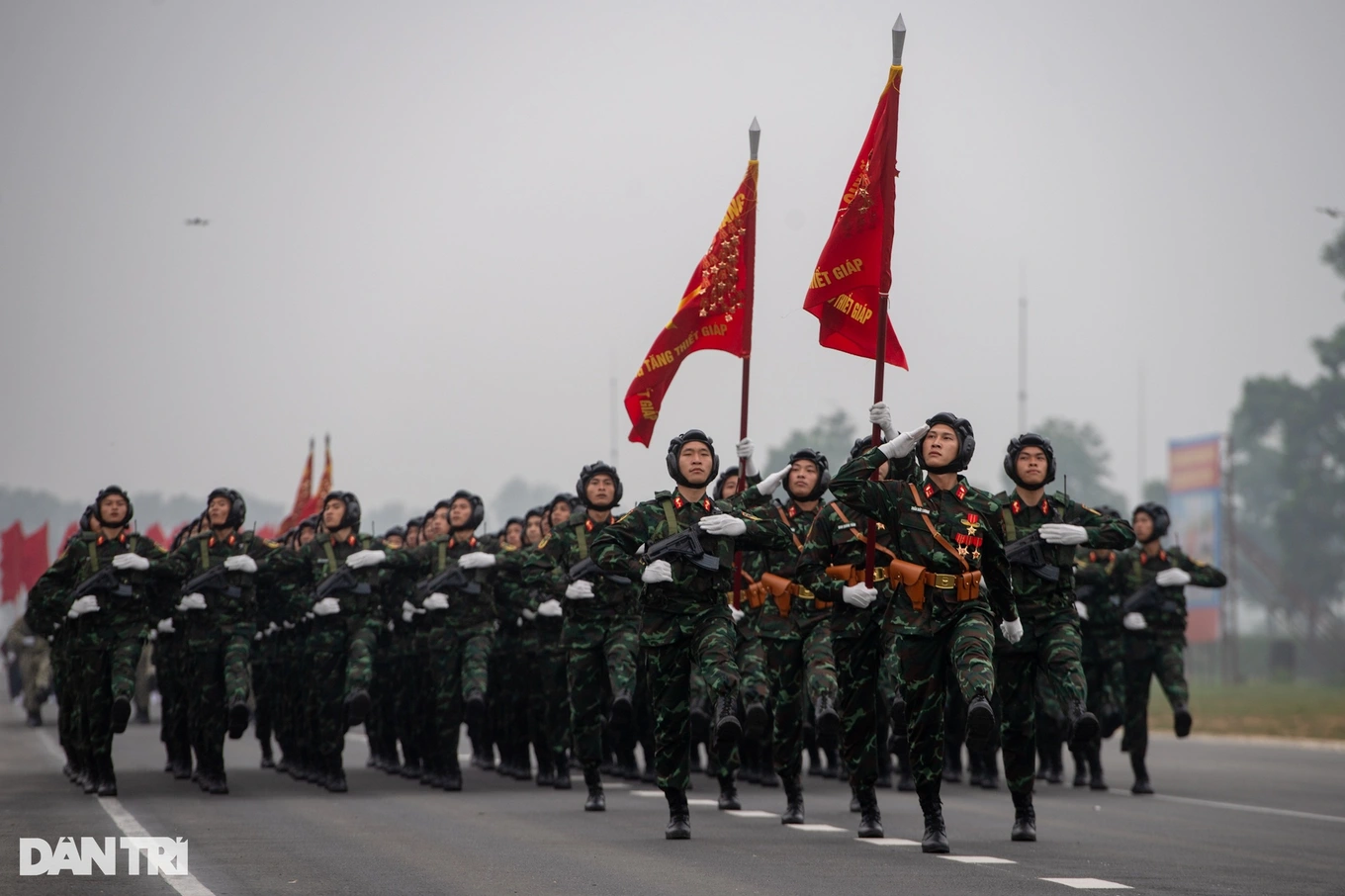

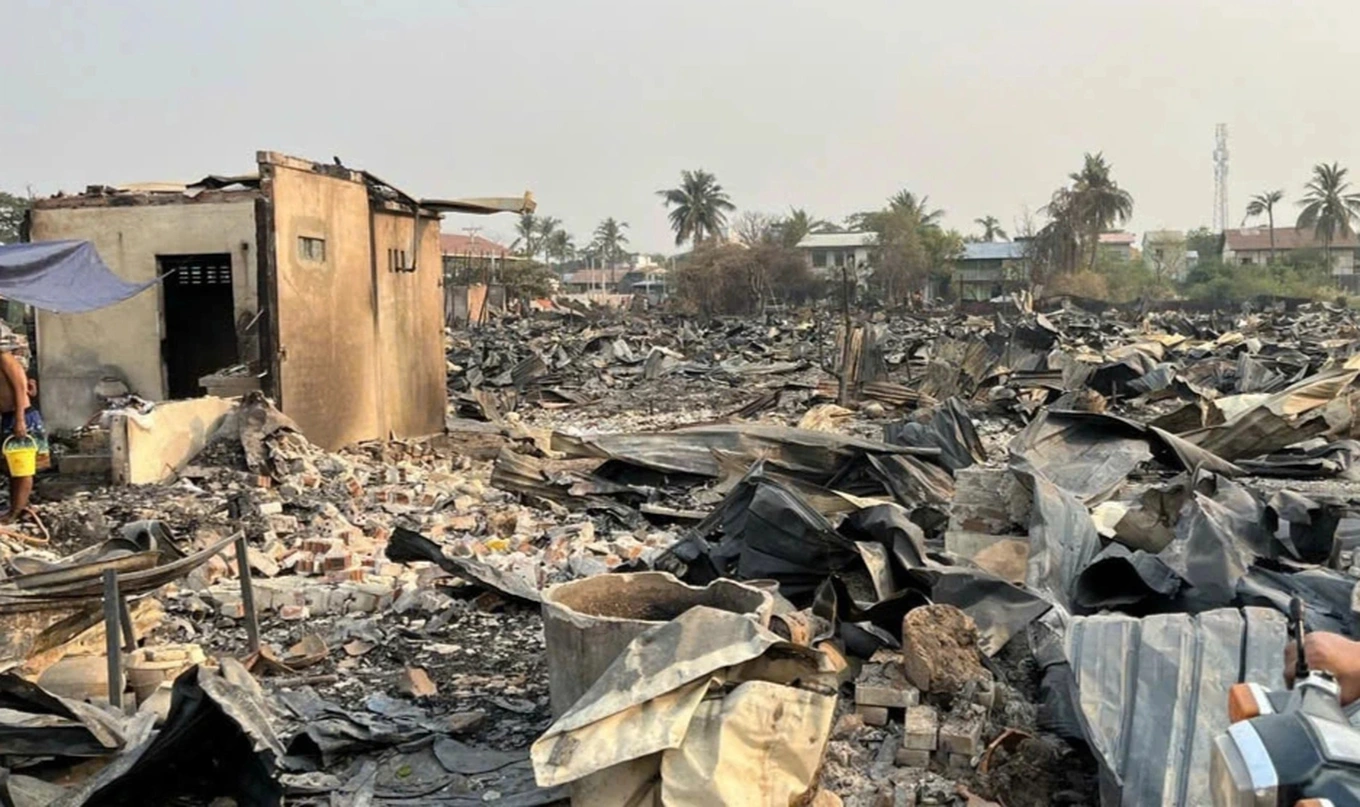

![[Photo] Myanmar's capital in disarray after the great earthquake](https://vstatic.vietnam.vn/vietnam/resource/IMAGE/2025/4/1/7719e43b61ba40f3ac17f5c3c1f03720)





























































Comment (0)